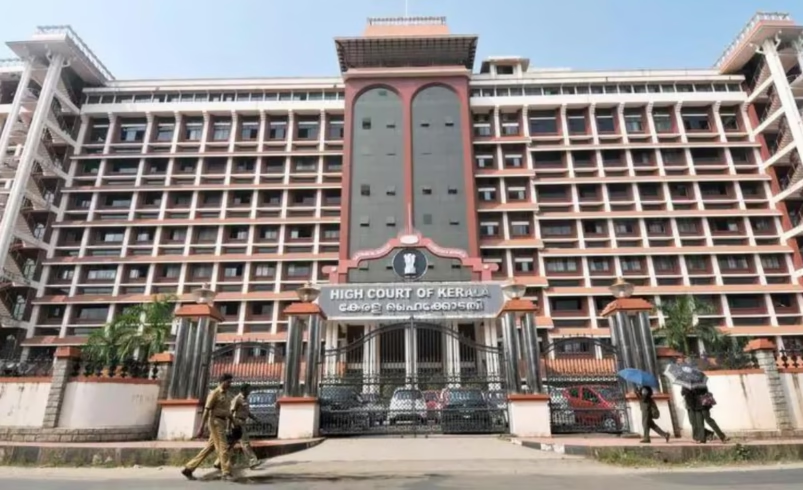Kerala High Court clarifies conditions for Muslim polygamy
- September 20, 2025
- 0

The Kerala High Court has clarified that Muslim personal law allows a man to marry more than one wife only if he is capable of treating each spouse with fairness and justice. The ruling came while addressing a case involving a visually impaired beggar who sought to enter into a third marriage despite struggling to provide for his existing family.
The bench observed that while Muslim personal law permits polygamy, it does not grant an unconditional right to remarry. The judges highlighted that the principle of justice is central, and without the ability to maintain equality among wives, the practice cannot be justified. The court stressed that financial stability and emotional responsibility are essential factors in determining whether a man can take another spouse.
In this particular case, the court directed the state’s social welfare department to intervene by counseling the petitioner. The man, who is blind and earns his livelihood through begging, had expressed interest in marrying for a third time. The court instructed officials to explain to him that entering another marriage without the means to support his existing wives would be unjust and contrary to the principles of personal law.
The judgment reflects an attempt by the judiciary to balance respect for religious practices with practical considerations of welfare and justice. While acknowledging that polygamy is permissible under Muslim personal law, the court underscored that such permission comes with strict conditions. A husband must ensure equal treatment in terms of financial support, companionship, and dignity for all spouses—a responsibility not easily fulfilled without adequate resources.
The ruling also highlighted concerns about the welfare of women and children in households where resources are scarce. By directing counseling rather than punitive action, the court sought to protect vulnerable family members from further hardship while guiding the petitioner toward making responsible decisions about marriage and family life. This approach underscores the judiciary’s role not only in interpreting law but also in safeguarding social welfare.
Although this case involved an individual petitioner, the judgment carries broader implications for society at large. It sends a clear message that marriage should not be entered into lightly or without consideration of one’s ability to provide care and justice within the household. For communities where polygamy is practiced under religious law, the decision reinforces that fairness is not optional but mandatory.
In conclusion, the Kerala High Court’s ruling draws attention to the responsibilities tied to polygamous marriages under Muslim personal law. By insisting on justice as a prerequisite and directing counseling for those unable to meet such obligations, the court has emphasized both legal principles and humanitarian concerns. The decision stands as a reminder that marital rights must always be balanced with duties toward family welfare and equality among spouses.